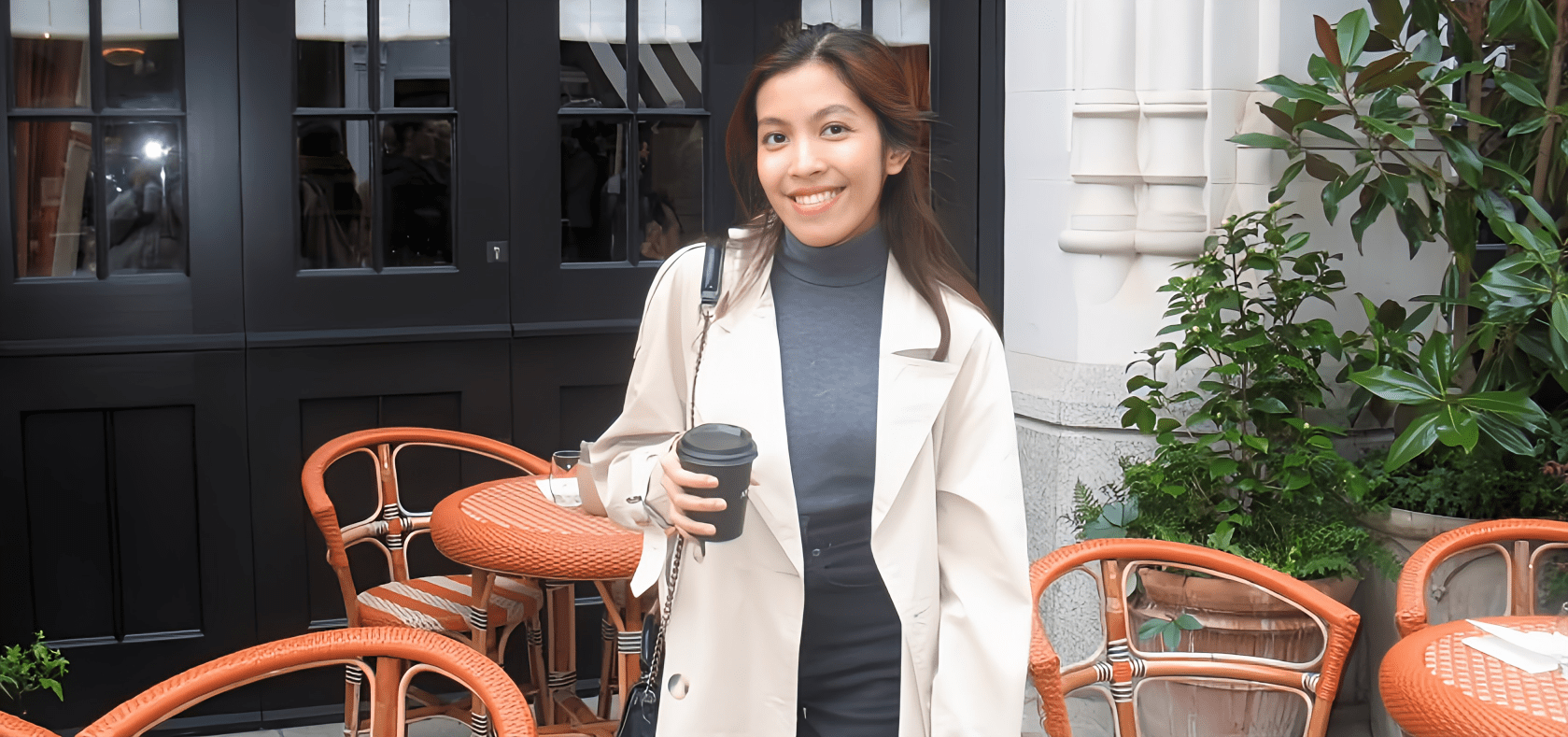Beijing+30 Youth Blog: Overcoming challenges for women entrepreneurs in the Philippines
Date:
Author: Darla Bautista

Growing up, I greatly admired my mother for being a superwoman. Amid an economic crisis, she and my father founded a small trading business that provided for our family, and she managed our happy household as she worked from home. This shaped my view that women are capable of excelling in multiple roles and deserve to be given the opportunity to do so. It also influenced me to pursue entrepreneurship myself as a young woman, believing that I had a mission to enhance the access and quality of wellness solutions for Filipino women.
Fortunately, our stories of entrepreneurship are among many in the Philippines; 99.6 per cent of businesses are micro, small and medium enterprises, and 53 per cent of these are women-led, according to Inquirer.net. These statistics are uplifting signals about how women are increasingly interested in and able to pursue work that enables their independence and livelihoods. With more women entrepreneurs, we are able to have a more diverse and inclusive economy.
However, the challenges for women entrepreneurs are far from over. According to Villgro Philippines, “$900 billion to $1.1 trillion of SMEs’ [small and medium enterprises’] credit requirements are unmet in East Asia, with a disproportionate impact on women entrepreneurs.” This can be attributed to factors -- from lack of capital, credit and access to markets, to “impostor syndrome” -- that are disproportionately faced by women.
To promote women-owned and women-led businesses in the Philippines and South-East Asia, we all need to collaborate more to:
- Support the development, distribution and promotion of products that are designed with women’s unique challenges in mind, such as products for women’s health
- Develop alternative credit scores and proof of identity that considers the intersectional challenges women face, and educate women on how to get funding from sources beyond family and friends
- Equip women with the tools to effectively participate in the digital economy and gain access to markets
Beyond this, we need to consider indirect factors that affect women’s pursuit of entrepreneurship, such as expectations of their responsibilities as mothers. According to Investing in Women, women in the Philippines dedicate 24 hours in unpaid care work weekly, three times more than men do.
We need inclusive policies and campaigns that encourage equality in care work, especially in communities with social stigma towards women who pursue their own careers. For example, in 2022, my brand, Trizie, co-led a hackathon championing solutions for equal care work with KadaKareer, a youth mentorship-focused start-up in the Philippines, and UN Women. It was exciting to see how young teams pitched solutions, ranging from tech platforms for professional career development for full-time mothers, to mobile trucks for their digital training.
I hope we will see more developments from the Asia-Pacific Ministerial Conference on the Beijing+30 Review that champion women’s participation in economic activities, including entrepreneurship.
Biography:

Darla Bautista, is an MBA student from Philippines at London Business School and a member of the UN Women 30 for 2030 Network. She co-founded The OCBFF Corporation, home to award-winning body-positive wellness brands in the Philippines and Thailand (TRIZIE fiber and Twin Releaf liniments). Bautista started her career as a brand manager of P&G’s biggest laundry and personal care brands, Ariel and Safeguard, both of which advocated for women’s empowerment.
![]() Darla Bautista |
Darla Bautista |  Darla Bautista
Darla Bautista